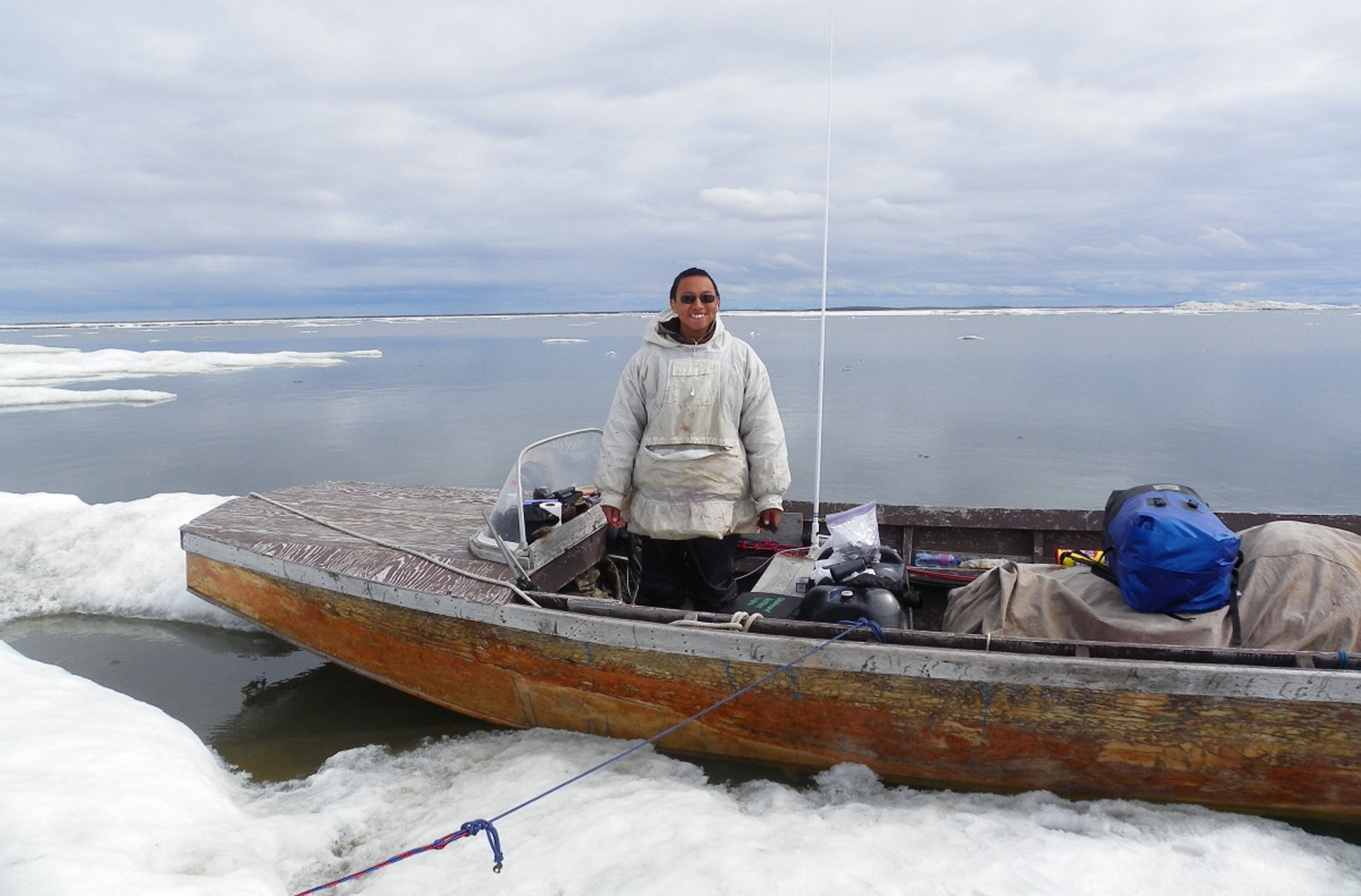Alaska youths sue to force state action on climate change
Similar suits have been filed in other states.

An attorney representing a group of environmentally minded young Alaskans argued in state court on Monday that Alaska’s enthusiastic embrace of oil development is contributing to climate change that threatens the younger generation’s future.
Attorney Andrew Welle, of the nonprofit group Our Children’s Trust, told State Superior Court Judge Gregory Miller that his young clients’ case deserves to be fully considered. The plaintiffs — children as young as 5, teenagers, young adults and some parents — are seeking a court ruling compelling the state to take significant action to reduce greenhouse gas emissions, not add to them, Welle said in the court hearing.
The case is one of several around the nation that Our Children’s Trust, working with other attorneys, has filed on behalf of children and young adults seeking to force government action to combat climate change.
Similar cases are being actively pursued in Colorado, Washington state, Florida and other jurisdictions, Welle said at a news conference following the hearing. But Alaska’s situation stands out because of the pronounced warming occurring in the Arctic and near-Arctic regions, he said.
“One way that Alaska is remarkably different is the scope and severity of the impacts that are happening here,” he said.
The Alaska lawsuit, filed last October, started with a petition submitted months earlier to the state Department of Environmental Conservation in favor of a rule that would set specific benchmarks for climate action. The proposed rule would require that Alaska greenhouse gas emissions by 2050 be at least 85 percent lower than they were in 1990 and that state policy line up with international efforts to reduce emissions and reverse global warming. That petition was denied. Now the lawsuit has been filed with the aim of compelling action similar to what the youths’ rule had proposed.
Monday’s hearing before state Superior Court Judge Gregory Miller concerned a motion by the state to dismiss the case.
Gov. Bill Walker and other state officials may profess to care about climate change’s impacts to Alaska, but their actions benefitting oil development speak louder than those words of concern, Welle said in the hearing.
“It’s a clear practice and pattern of systemic conduct in authorizing, permitting, encouraging oil and gas development extraction and combustion and other activities that result in dangerous levels of greenhouse gases and emissions in Alaska, regardless of the impact to plaintiffs’ constitutional rights and stability of the atmosphere and climate system upon which they depend,” Welle told Miller.
Alaska Assistant Attorney General Seth Beausang argued that the current lawsuit does not raise any issues that are different from those presented by an earlier case that was dismissed in 2014 by the Alaska Supreme Court.
The earlier case, filed in 2011 by six Alaska children and their guardians, ended up with a ruling that said the issues raised were political matters, not legal matters. “It’s really, virtually, the same case as this case,” Beausang said.
He disputed the characterization of Alaska state policy as ruinous to the state’s climate. Alaska produces less than 1 percent of the nation’s greenhouse gas emissions, Beausang said.
“Alaska is not destroying the environment. Alaska did not cause climate change,” he said.
Even if Alaska did have an explicit policy favoring oil development over climate action, which it does not, “that’s not enough” for the case to continue, Beausang said.
“Alaska if it chose as a matter of policy to not choose to impose the very significant harm on its economy to ramp down on any of Alaska’s greenhouse gas emissions for no benefit to the environment, Alaska made that policy decision. The courts will not second-guess it,” he said.
Welle, in the news conference held after the hearing, said the greenhouse gas emission total referenced by Beausang leaves out an important source — all the oil that is produced by Alaska and sent south, out of state, to be burned elsewhere. The Department of Environmental Conservation’s greenhouse gas inventory for Alaska leaves out that oil, Welle said.
The lead plaintiff in the case is Esau Sinnok of Shishmaref, who served as an Arctic youth ambassador from 2015 to 2017, the period when the U.S. chaired the Arctic Council. The Arctic youth ambassador program is run by the U.S. State Department and the U.S. Fish and Wildlife Service; a new group of youth ambassadors is now serving in the program.